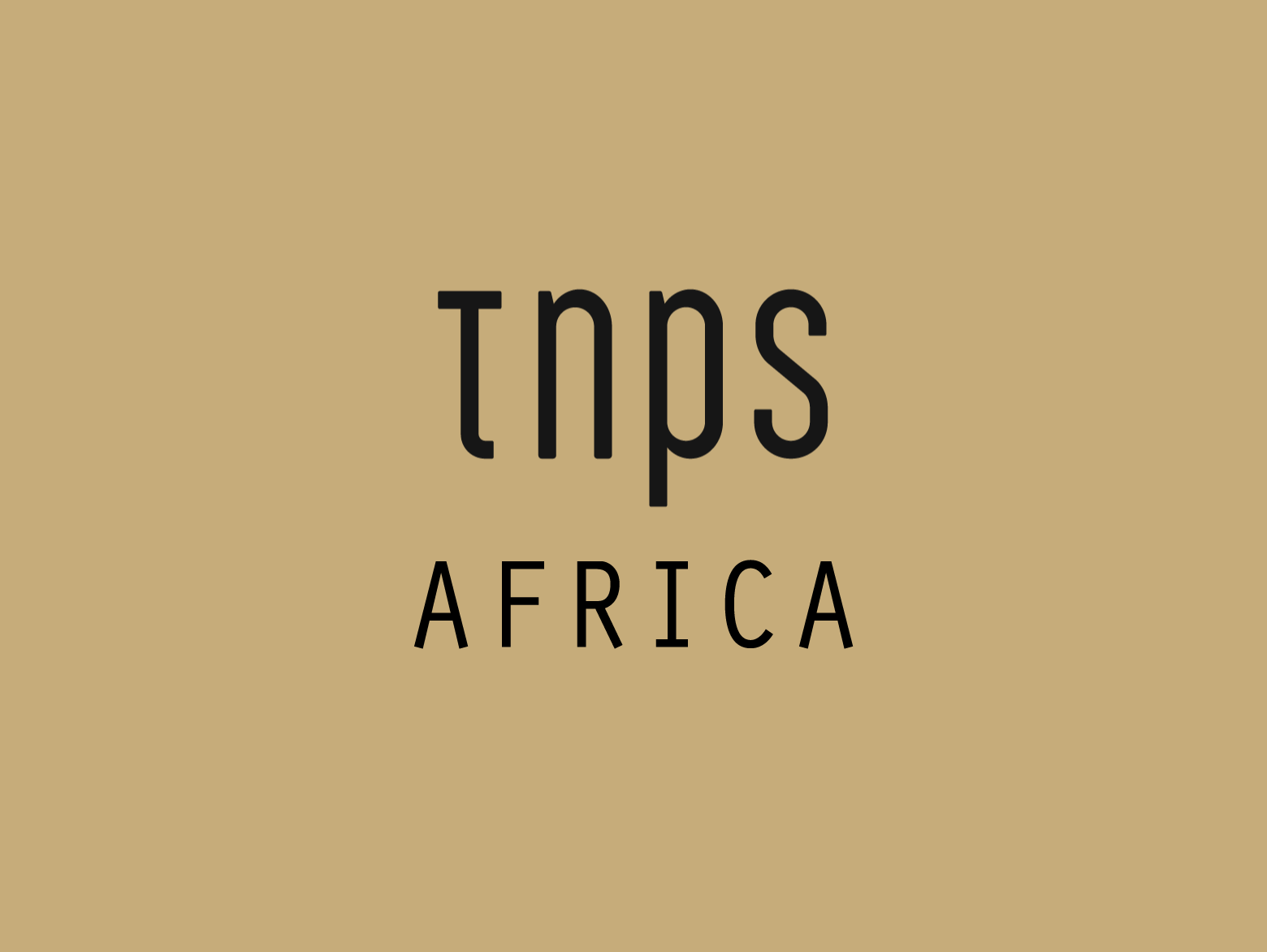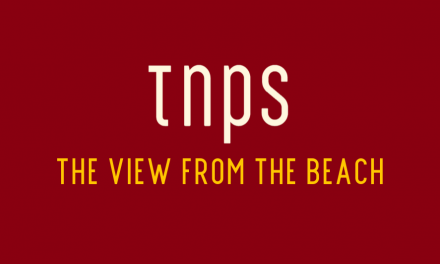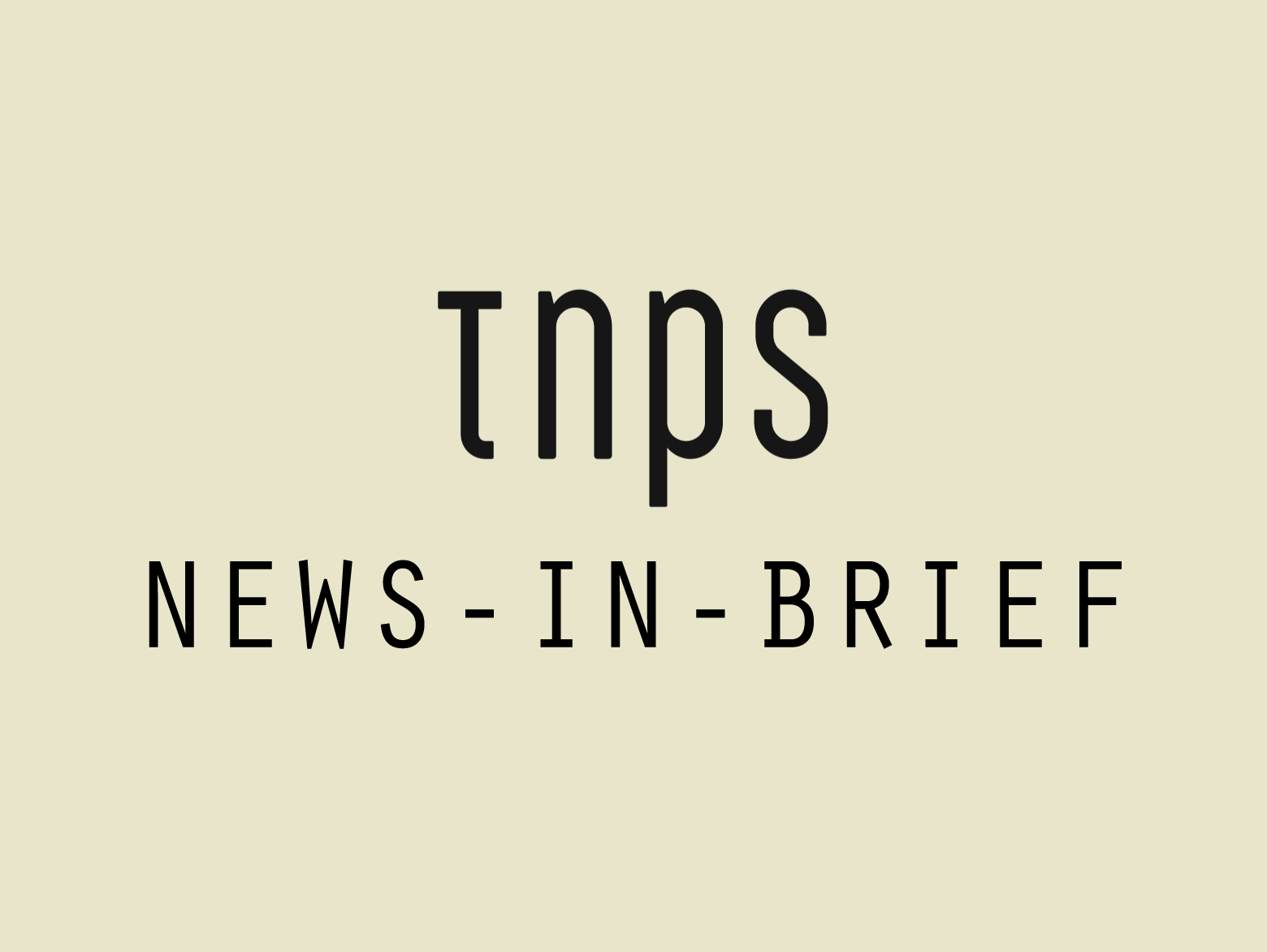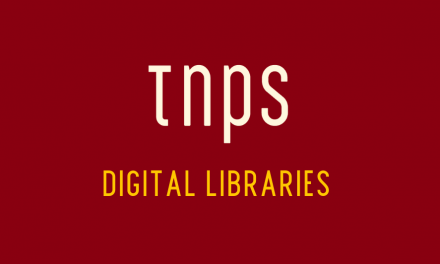It’s not easy being a publisher in sub-Saharan, and even five years ago it seemed to many to be a hopeless cause.
But in 2018 we have the International Publishers Association landing in Lagos to hold a Regional Seminar for Africa, and while reports so far are sparse, and I’ll be coming back to update this post as more news comes in, it looks to have been a productive event.
Structured around the theme Publishing for Sustainable Development:The Role of Publishers in Africa, six-panel discussions are being held on the sidelines of the Nigeria International Book Fair.
Key topics included bringing the voice of African writers and publishers to the world and the role of technology in overcoming illiteracy and promoting reading, as well as the more predictable concerns about piracy, copyright theft, freedom of speech, etc.
IPA President Dr Michiel Kolman said,
This seminar reflects the importance of the African publishing industry and its potential in terms of both cultural and economic progress.
The topics will not only highlight the challenges being faced but also explore a diverse set of possible solutions.
While every nation is different and each market unique, there are still many common goals for publishers across the African continent and this gathering of such distinguished and accomplished guests will certainly help to establish those and move forward in both ambition and action.
The big surprise will have been Nigerian Publishers Association President Gbadega Adedapo asserting the African publishing industry collectively brings in $1 billion and is growing at 6% per year.
Piracy, corruption, lack of government support and poor infrastructure were among the challenges cited, and no question they are real.
Among the piracy reports discussed were that the Nigerian government had seized 9 million items of pirated goods worth 10 billion Naira ($28 million) in 7 years, and that Kenyan publishers lose (Kenyan shillings) 20 million ($200,000) annually to piracy.
But as Okada’s Okechukwu Ofili of Okada said,
the only way to overcome piracy is legal avenues for (digital) distribution.
And digital came under a lot of scrutiny, with a mixture of traditional western fears about digital cannibalizing print countered by example of how digital can liberate publishing by offering new reach and finding new audiences.
Said one panelist:
Publishers’ reluctance to digitize books/content a huge barrier to literacy. Content is sitting in the cities, publishers waiting on govt.
Ghana’s Akoobooks, one of Africa’s few audiobook production and distribution studios, talked about quality literature in local language audiobooks.
Another, noting that around the world there were over 3 billion people online and within reach of digital books, said,
Millenials look at content differently. We need to recognize this… Our objective is to impact knowledge,
adding
What I think is critical is that when a book is published in Nigeria it can get to Ghana. We need to grow the number of readers.
I’ll be back with further coverage of the IPA Regional Seminar in Lagos as more details emerge.
For now I leave you with this thought from Elliott Agyare, President of the Ghana Publishers Association:
Our contribution (to the African publishing industry) can be much, much more.





